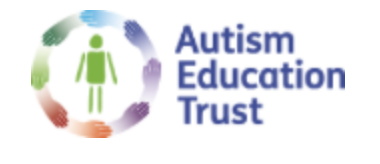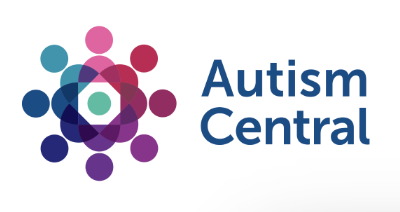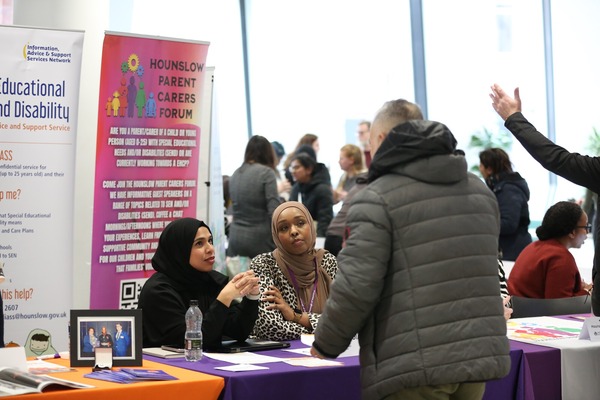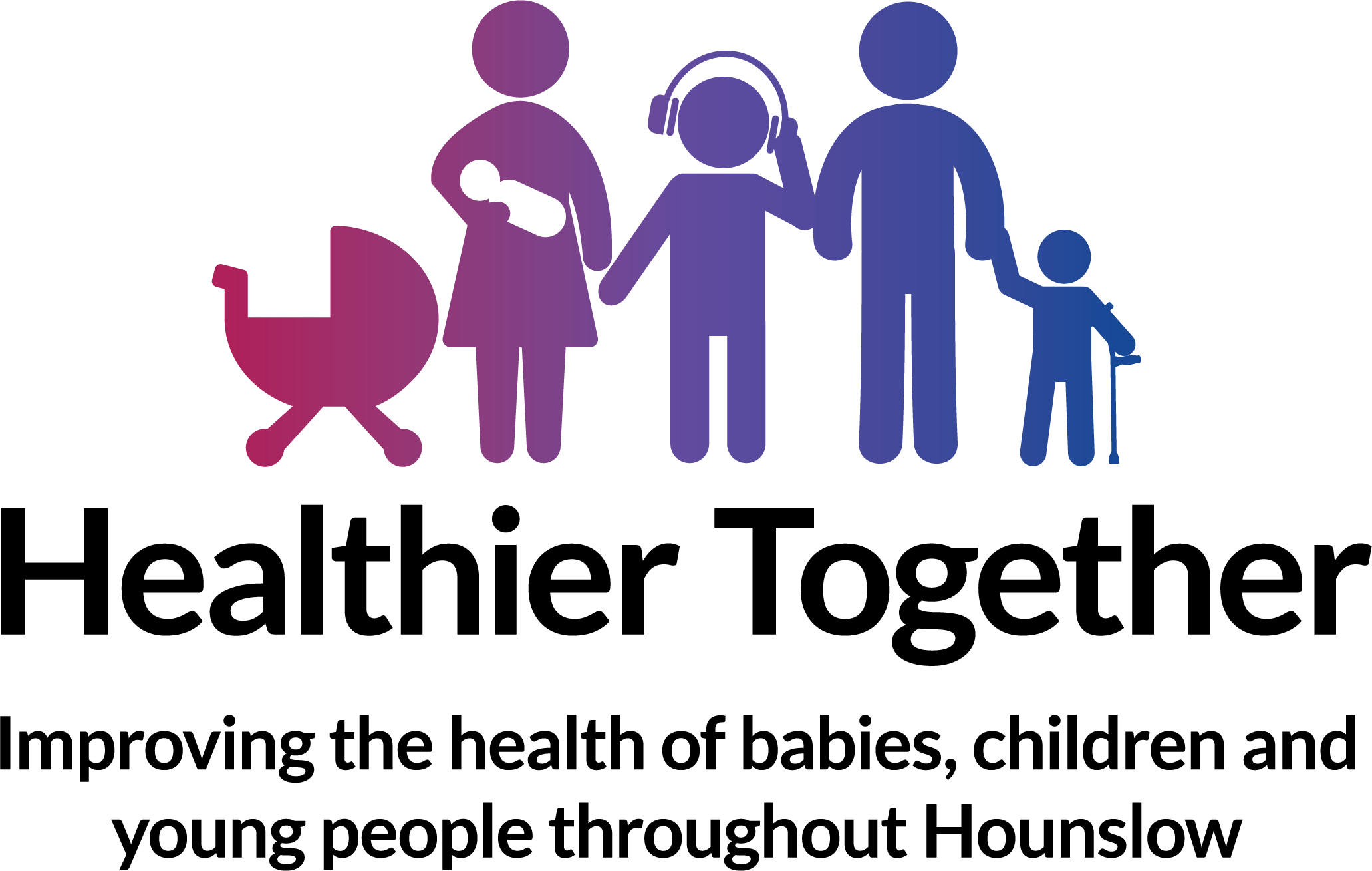Autism Spectrum Condition (ASC)
An autistic person’s way of thinking, understanding and relating to other people, and the world around them is different to neurotypical people.
Autism is a lifelong condition and no two people with autism are the same.
Your brain is unique to you. Everyone is different. Just like everyone else, you will have your own unique skills, abilities and needs that make you. Everyone with autism will have different but often similar challenges.
Remember that these differences or challenges aren’t always negative. You might need extra support for certain things to be able to thrive but thrive you can!
Some common autistic traits include:
- Differences in recognising, understanding or responding other people's emotions
- Difficulties reading body language, understanding sarcasm and facial expressions
- Difficulty in social situations
- Overly or underly sensitive to any sense, for example taste, sound, smell, touch, pain or light
- Finding crowded and noisy places challenging
- Liking familiar routines
- Finding unexpected change to your routine challenging
- Having intense and specific interests in things
You may have some or all of the above traits.
Some differences you might notice
Signs of autism in young children include:
- Not responding to their name
- Avoiding eye contact
- Not smiling when you smile at them
- Getting very upset if they do not like a certain taste, smell or sound
- Repetitive movements, such as flapping their hands, flicking their fingers or rocking their body
- Not talking as much as other children
- Repeating the same phrases
Signs of autism in older children include:
- Not seeming to understand what others are thinking or feeling
- Finding it hard to say how they feel
- Liking a strict daily routine and getting very upset if it changes
- Having a very keen interest in certain subjects or activities
- Getting very upset if you ask them to do something
- Finding it hard to make friends or preferring to be on their own
- Taking things very literally – for example, they may not understand phrases like "break a leg"
Masking
This is when you subconsciously hide a part of yourself or your traits to fit in better. You don't do this on purpose, in fact you may not realise you are doing it. You may 'mask' as a way of coping.
You may find that you can suppress certain behaviours you find soothing or copy the behaviour of friends to fit in. For example, you may be able to avoid swimming at school.
Masking can be exhausting. It may make you feel anxious or sad.
Girls are often diagnosed with autism later than boys. One reason for this may be that women and girls are often better at masking or camouflaging their difficulties.
Getting a diagnosis
If you think you may be autistic then you can speak to:
- Your GP
- A teacher you trust at school
- The special educational needs coordinator (SENCO) at your school
You can also get advice about what to do from:
 Visit the National Autistic Society website for more information.
Visit the National Autistic Society website for more information.
What may happen at an autism assessment?
This video shows what may happen at an autism assessment.
Social Communication Pathway
For individual queries on waiting times for an autism assessment, please contact the Social Communication Pathway Coordinators.
Email: hrch.socialcommunicationpathway@nhs.net
Telephone: 020 3771 5983
Useful links
Social Communication Pathway
The video below is for parents of children who are on the social communication pathway (otherwise known as the autism pathway).
It explains the process we follow in Hounslow.
Introduction to Hounslow HRCH Social Communication Pathway
NHS website: Help for families of autistic people
This website has useful tips, advice, and further links from the National Health Service.
For safe, accurate and up to date information on autism, including support, guidance, and advice, as well as information on campaigning for improved rights, services, and opportunities to help create a society that works for autistic people.
Watch Inside Our Autistic Minds video by Chris Packham as he explores the lives of autistic people across the country and brings their lived experience to life, through short film.
Autism Support Services and Resources
 Autism.org.uk provide advice on diagnosis, education and managing behaviour.
Autism.org.uk provide advice on diagnosis, education and managing behaviour.
![]() Ambitious About Autism has lots of information including a Parent Toolkit with tips for the whole family and checklists for appointments, childcare and school.
Ambitious About Autism has lots of information including a Parent Toolkit with tips for the whole family and checklists for appointments, childcare and school.
![]() BBC Parent's Toolkit on autism.
BBC Parent's Toolkit on autism.
 The Autism Education Trust have resources to help with education:
The Autism Education Trust have resources to help with education:
- Parents Guide for Working Together with Your Child's School
- Guide to finding the right school
- School refusal and anxiety
 Autism Central offers parents and carers access to autism education, training and support.
Autism Central offers parents and carers access to autism education, training and support.
![]() Read the National Association for Special Educational Needs (NASEN) Mini Guide on Girls and Autism: Flying under the radar.
Read the National Association for Special Educational Needs (NASEN) Mini Guide on Girls and Autism: Flying under the radar.
![]() The Curly Hair Project is an organisation that supports autistic females but many of their resources are also helpful for autistic males. They use cool things like animated films, comic strips and diagrams to make their work interesting and easy to understand.
The Curly Hair Project is an organisation that supports autistic females but many of their resources are also helpful for autistic males. They use cool things like animated films, comic strips and diagrams to make their work interesting and easy to understand.
![]() The Art of Autism aims to empower through the arts. Subscribe to their blog and read the parent perspective blog.
The Art of Autism aims to empower through the arts. Subscribe to their blog and read the parent perspective blog.
![]() The Aspie World, Ask an Autistic and Dr Pooky Knightsmith.
The Aspie World, Ask an Autistic and Dr Pooky Knightsmith.
Meltdowns (NAS)
Meltdowns - a guide for all audiences
Sleep – Cerebra
Sleep Advice Service - Cerebra
Challenging behaviour
Homepage for the Challenging Behaviour Foundation
Diet
toothPASTE Oral health resources to support the oral health of autistic children.
To find out more click here
Download the Dental Advice booklet.
Further support for Hounslow families with SEND

Families with Special Educational Needs and Disabilities (SEND) children can access an improved support service at Hounslow SEND Information, Advice and Support Service (SENDIASS). The website features free and confidential guidance for parents and carers, and children and young people with SEND aged 0 to 25. As a statutory service, SENDIASS works independently from the local authority.
To get in touch with the team, call the helpline at 020 8583 2607 (Monday to Friday, 9am to 2pm) or email sendiass@hounslow.gov.uk.
The team (pictured above) are also available at the Council's monthly SEND surgeries SEND surgeries: Let's talk SEND | London Borough of Hounslow
Hounslow Parent/Carers Forum
A monthly group of Hounslow-based parents/carers of children and young people (aged 0 to 25 years) with SEND.
The forum meets every month to discuss real issues that affect families such as health, education and employment. Professionals from organisations including the local authority are invited to share their current plans and to hear what parents have to say. It is also a place to share information parent to parent and to ask questions.
Things to do
Things to do | London Borough of Hounslow
Hounslow Short Breaks
All children and young people with a disability can access a short break. This includes those with:
- A physical disability
- A learning disability
- Autism Spectrum Disorder (ASD)
- Or those with challenging behaviour
Short breaks for disabled children | Short breaks for disabled children | London Borough of Hounslow
Please see the latest newsletter for full details
General Support
Contact
If you live in the London Borough of Hounslow and have a disabled child, a child with a health condition or additional needs, please get in touch.
Contact provides information on a wide range of issues affecting families with disabled children, as well as where to go locally for support.
Have a browse:
A-Z medical directory
Benefits Calculator and Grants Search
Listening Ear support service
Family workshops and events
Helpline (0808 808 3555)
Frequently Asked Questions tool
You can contact them directly or ask a professional to make a referral by emailing: Hounslow.office@contact.org.uk.
You can also book an appointment with one of our Family Support Workers.
Family information service
Family Information Service | Family Information Service | London Borough of Hounslow
Advice:
- Toileting Support for Children with Special Educational Needs
- Supporting Children who are Fussy Eaters in Schools
- Supporting Children with Sensory Processing Differences - Workshop for school staff
Links to:
Listen to Contact's “audio explainers'“ on YouTube
Did you know Contact have a YouTube channel with a playlist of audio explainers?
Listen to expert parent advisers talk you through some of the key topics you need to know about, from claiming benefits to finding a school place and tackling winter illnesses.
Visit our YouTube homepage to find lots more audio and video support from Contact.
The Hounslow Local Offer is a way of giving children and young people with special educational needs and/or disabilities and their parents or carers information about what activities and support are available in the area where they live.
The Council for Disabled Children (CDC) have produced a video which provides information about what a Local Offer is.
The Local Offer contains a wide range of information and services to support children and young people with special educational needs or disabilities. These include services provided by the Local Authority and the health service, as well as services provided by the voluntary and private sectors (e.g. charities and disability groups, nurseries, youth clubs, leisure activities etc.).
Information is available for young adults, to help you make informed choices about things that are important to you such as where to live; transport; social activities, work and training and becoming an adult.


